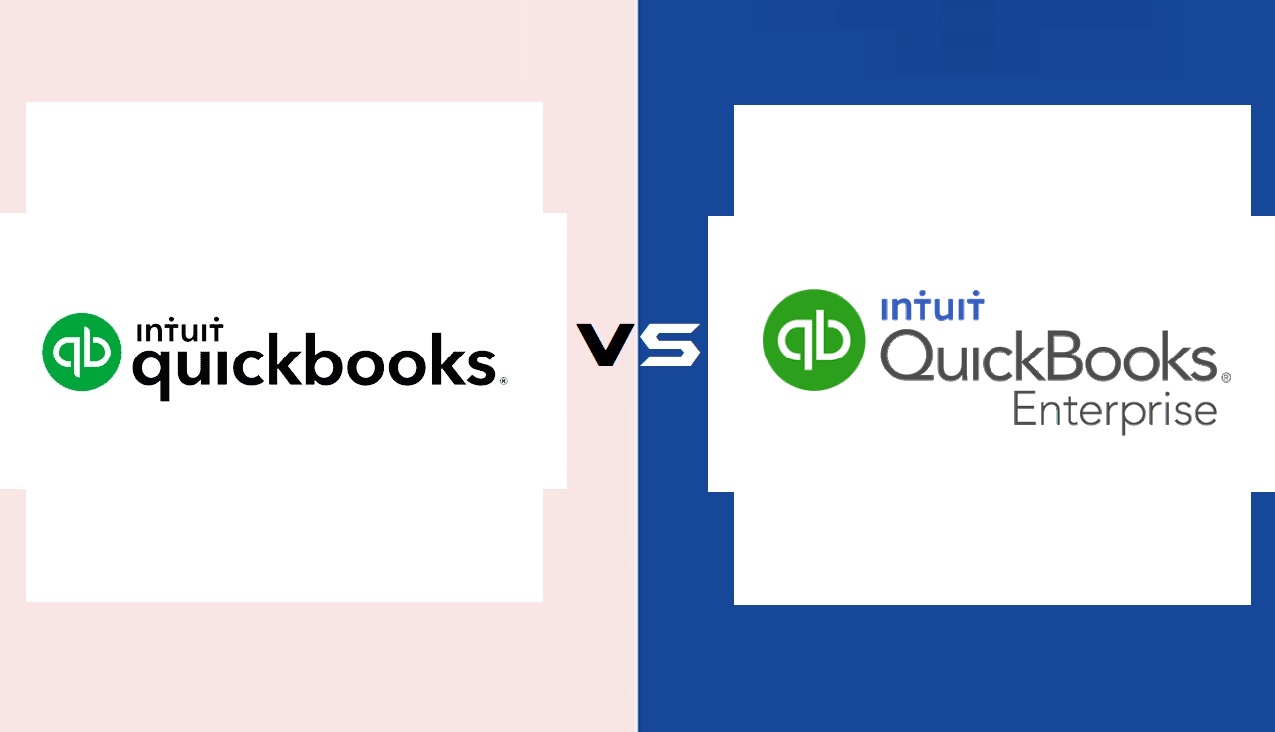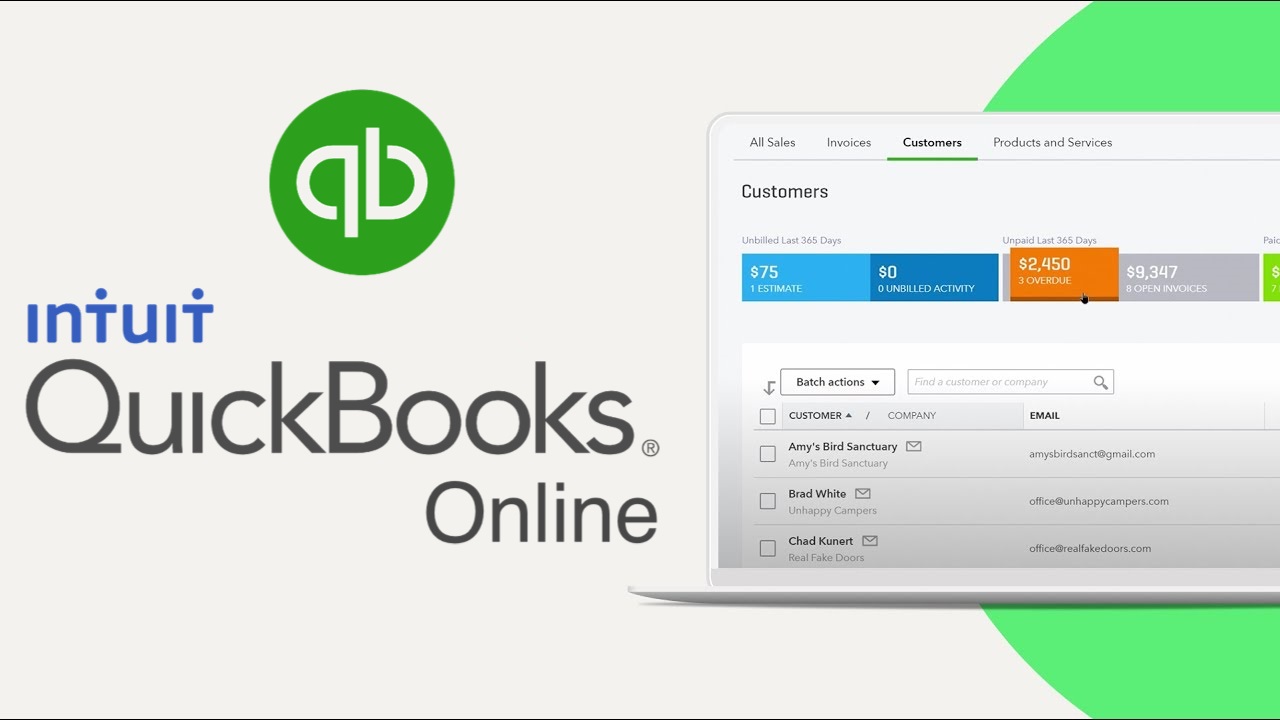NetSuite ERP (Enterprise Resource Planning) software is a robust and integrated cloud-based solution designed to streamline and manage various aspects of a business’s operations. From financial management to supply chain optimization, NetSuite ERP offers a suite of tools that enable businesses to enhance efficiency, make informed decisions, and drive growth. This comprehensive guide delves into the various facets of NetSuite ERP software, its features, benefits, implementation process, and how it can transform businesses across industries.

Chapter 1: Understanding NetSuite ERP Software
NetSuite ERP software serves as a central hub that integrates and automates key business processes, enabling real-time visibility and collaboration. It encompasses a range of modules that cater to different functional areas of a business.
Chapter 2: Core Features of NetSuite ERP Software
- Financial Management: NetSuite ERP provides tools for managing financial processes like accounting, budgeting, billing, and revenue recognition. It offers real-time insights into financial data and supports compliance with accounting standards.
- Supply Chain Management: This module optimizes inventory management, demand forecasting, procurement, and order fulfillment. It helps businesses maintain optimal inventory levels while minimizing costs.
- Customer Relationship Management (CRM): NetSuite ERP integrates CRM functionality to manage customer interactions, sales leads, marketing campaigns, and customer support, fostering stronger customer relationships.
- Human Capital Management (HCM): This module covers HR functions such as employee data management, payroll, time tracking, and performance evaluation, streamlining workforce management.
- E-Commerce Integration: NetSuite ERP seamlessly connects with e-commerce platforms, enabling businesses to manage online sales, inventory, and customer data from a unified system.
- Business Intelligence and Analytics: NetSuite ERP offers reporting and analytics tools that provide insights into key performance indicators, helping businesses make data-driven decisions.
Chapter 3: Benefits of NetSuite ERP Software
- Streamlined Processes: NetSuite ERP software automates manual tasks and workflows, reducing errors and enhancing operational efficiency.
- Real-time Visibility: Businesses gain real-time insights into their operations, enabling timely decision-making and proactive responses to market changes.
- Improved Collaboration: Cross-functional teams can collaborate effectively, sharing information and working towards common goals within a centralized platform.
- Scalability: NetSuite ERP software is scalable, accommodating the growth of businesses without the need for significant hardware investments.
- Cost Savings: Automation, streamlined processes, and reduced reliance on manual efforts lead to cost savings in the long run.
- Enhanced Customer Experience: With CRM integration, businesses can deliver personalized customer experiences, leading to increased customer satisfaction and loyalty.
Read Also : NetSuite Optimization : Are You Getting the Most Out of NetSuite?
Chapter 4: NetSuite ERP Implementation
- Assessment and Planning: Determine your business’s needs, objectives, and requirements before embarking on the implementation journey.
- Data Migration: Migrate existing data to the NetSuite ERP system while ensuring data accuracy and integrity.
- Configuration and Customization: Customize the software to match your business processes and workflows. Configure settings, roles, and permissions.
- Training and Change Management: Provide comprehensive training to users to ensure they can effectively use the system. Implement change management strategies to ease the transition.
- Testing and Quality Assurance: Thoroughly test the system to identify and address any issues or discrepancies before going live.
- Go-Live and Post-Implementation Support: Launch the system and provide ongoing support to address any challenges or questions that may arise.
Chapter 5: Industry Applications of NetSuite ERP Software
- Retail and E-Commerce: Manage inventory, sales, and customer relationships effectively to enhance the retail and e-commerce experience.
- Manufacturing: Optimize supply chain processes, production schedules, and demand forecasting to improve manufacturing efficiency.
- Services Industry: Streamline project management, resource allocation, and billing processes to enhance service delivery.
- Wholesale Distribution: Manage inventory, order processing, and distribution networks efficiently to meet customer demands.
- Professional Services: Streamline time tracking, project management, and resource allocation for efficient service delivery.
- Nonprofits: Manage donations, grants, and financial operations transparently, ensuring compliance with nonprofit regulations.
Chapter 6: NetSuite ERP Integration and Customization
- Third-party Integrations: Integrate NetSuite ERP with other essential tools and software used by your business to create seamless workflows.
- Customization: Customize NetSuite ERP to align with your business’s unique processes and needs, ensuring optimal system utilization.
- Application Development: Develop custom applications or scripts to extend NetSuite ERP’s capabilities and address specific business requirements.
Read Also : Guide : How NetSuite Can Help Your Business Streamline Operations?
Chapter 7: Security and Compliance
- Data Security: NetSuite ERP software employs advanced security measures, including encryption and access controls, to safeguard sensitive business data.
- Compliance: NetSuite ERP software complies with industry standards and regulations to ensure data privacy and security.
- Audit Trails: Maintain a trail of user actions and system changes for accountability and transparency.
Chapter 8: NetSuite ERP Best Practices
- Thorough Requirements Gathering: Clearly define your business’s needs and objectives before starting the implementation process.
- User Involvement: Involve end-users in the implementation process to gather insights and ensure the system meets their needs.
- Change Management: Implement change management strategies to prepare employees for the transition to the new system.
- Continuous Training: Provide ongoing training to users to ensure they are comfortable and proficient with using the system.
- Regular Updates: Stay updated with the latest NetSuite ERP releases and patches to benefit from new features and security enhancements.
Chapter 9: Case Studies: Real-world Success Stories
- Company A: Achieving Efficiency in Supply Chain Management
- Company B: Transforming Customer Relationship Management
- Company C: Enhancing Financial Visibility and Reporting
- Company D: Scaling Operations with NetSuite ERP
Note : Aenten provides NetSuite Support Services & NetSuite Consulting Services for businesses.
Conclusion
NetSuite ERP software offers businesses an integrated solution that enhances operational efficiency, collaboration, and growth. By understanding its core features, benefits, implementation process, customization options, and real-world applications, businesses can harness the power of NetSuite ERP to optimize processes, drive better decision-making, and achieve sustainable success across industries. Whether you’re a small business or a large enterprise, NetSuite ERP software can provide the tools you need to streamline operations and navigate the challenges of today’s dynamic business landscape.





